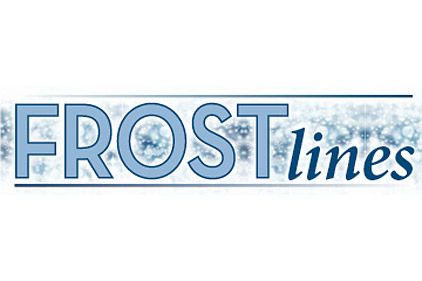Ever since the days refrigeration technicians got their first whiffs of leaking sulfur dioxide gas or anhydrous ammonia, they knew they were a unique breed facing unique challenges.
And, in fact, the issue of refrigerants has grown in complexity on the refrigeration side. Whereas their colleagues over in a/c have to deal pretty much with just a couple of refrigerants — R-22 and -410a — refrigeration folks could be encountering more than 20 refrigerants these days, from systems still chugging along on -12 and -502, to newer kids on the block -134a, -404a, -507 not to mention a dozen of so refrigerants either with oem intentions or as retrofits for CFC and HCFC refrigerants phased out or being phased out. Then there is fuss these days over even newer refrigerants like HFOs and (new to us in North America) HCs and even the still mysterious DRs, the Developmental Refrigerants being worked on.
Then there is the issue of efficiencies. Again, the folks over in a/c have to think pretty much about one, 13 SEER. In refrigeration, efficiency minimums are dependent on the type and size of equipment. A small reach in cooler will have different efficiency requirement than a large walk-in freezer. And many of those standards are coming from one place — California — although they then more than likely spread to other states and end up being national standards. That’s why when you go to a refrigeration trade show, the latest equipment is sure to have some notation that it meets California Energy Commission regulations for efficiency.
And speaking of regulations, beyond California, there are Environmental Protection Agency regs, state and federal requirements and possible pending mandates based on what’s happening in Europe which seems to be a few years ahead of what eventually comes to North America.
So there you have it: New and numerous refrigerants, changing and sometimes confusing regulations, and influences and pressures beyond our shores.
The overriding thought might be “All are subject to change without notice.” FROSTlines is an attempt to take the ‘without notice’ out of the equation. Yes, things will change constantly, but FROSTlines was created to keep up with those changes.
Publication date: 08/29/2011



Report Abusive Comment